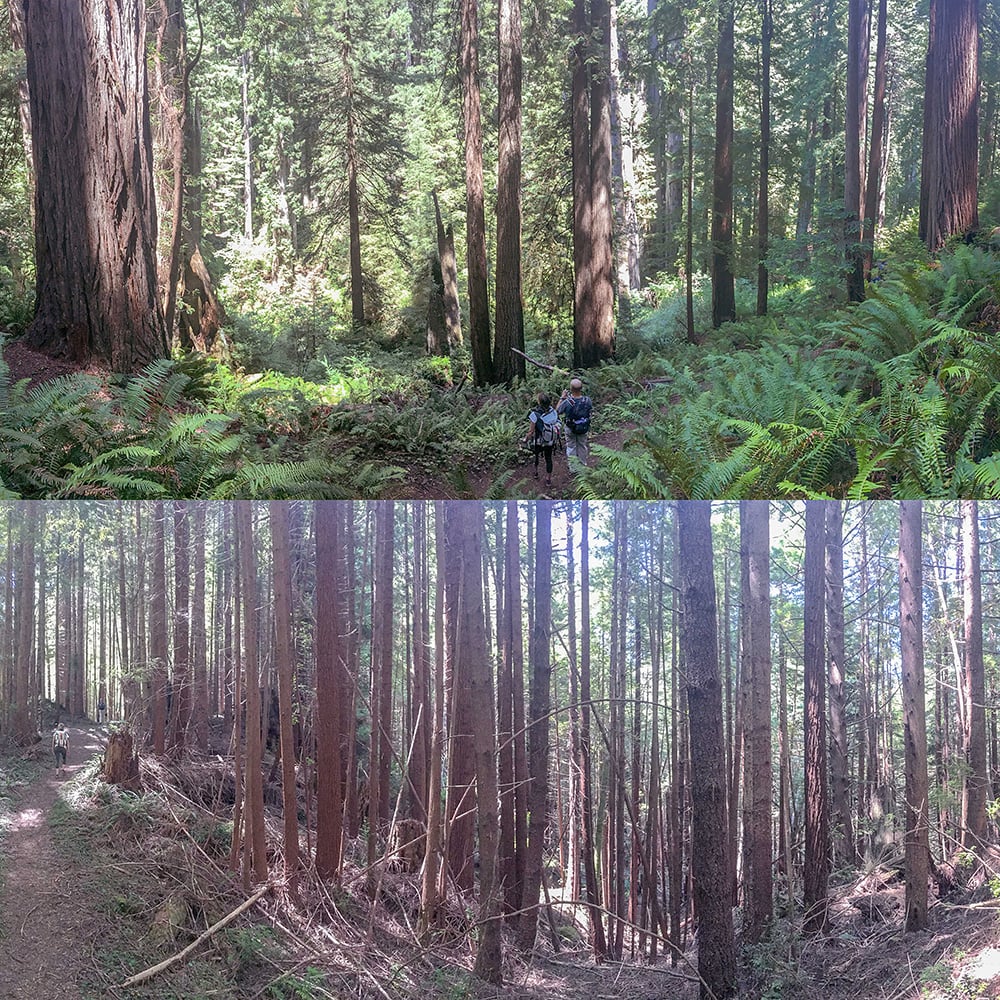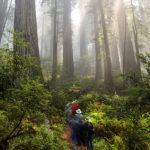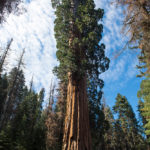David Cumpston, Landis Communications
Phone: 415-359-2316 | Email: [email protected] | www.landispr.com
Event at Prairie Creek Redwoods State Park in Orick, Calif. Celebrates Unprecedented Collaboration to Bring Back Forests of Giant Coast Redwoods on 80,000 Acres of Public Lands
Download the Media Advisory
San Francisco, Calif. (April 24, 2018) – Save the Redwoods League, the National Park Service and California State Parks today announced the kickoff of Redwoods Rising, a collaborative effort to restore the historically logged redwood forest within Redwood National and State Parks. Executives representing the three organizations will sign a Memorandum of Understanding (MOU) on Friday, April 27 at Prairie Creek Redwoods State Park in Orick outlining the program commitments and its benefits. State Senator Mike McGuire and Assemblymember Jim Wood will speak about the importance of the north coast redwood forests and local communities to California.
WHAT:
- Redwoods Rising creates an unprecedented level of collaboration and efficiency between these three organizations. Their collective goal is to restore the redwood forests while coordinating on efforts to increase public engagement and sustainable financial support for restoration.
- To fast-track the regrowth of healthy redwood forest ecosystems in this region, Redwoods Rising will utilize scientifically verified methods of restoration tree thinning, removal of old logging roads and invasive species, and restoration of waterways and watersheds.
- For more information, please visit RedwoodsRising.org.
WHEN:
- Friday, April 27, 2018 from 11:30 am to 2 pm
Event Timeline:
- 11:30 am – BBQ lunch
- 1:10 pm – Comments by keynote speakers (listed below)
- 1:25 pm – Group photo opportunity with ceremonial certificate
- 2:00 pm – Optional guided hike through the redwood forest
WHERE:
- Prairie Creek Redwoods State Park Amphitheatre
- Parking available at 174 Bald Hills Road, Orick, CA 95555. (Shuttles available between the parking lot and the amphitheater every 15 minutes from 11 am to 4 pm.)
- For onsite assistance, please contact Anthony Castanos at [email protected] or 619-971-4505 (cell).
WHO:
- Senator Mike McGuire (D-Healdsburg) and Assemblymember Jim Wood (D-Healdsburg)
- Save the Redwoods League: Sam Hodder, President & CEO; Paul Ringgold, Chief Program Officer
- National Park Service: Steve Mietz, Superintendent for Redwood National Park; David Roemer, Deputy Superintendent for Redwood National Park
- California State Parks: Lisa Mangat, Director; Jay Chamberlin, Chief, Natural Resources Division; Victor Bjelajac, District Superintendent, North Coast Redwoods District
WHY:
- Redwood National and State Parks is home to 45 percent of the world’s remaining protected old-growth redwoods, including the tallest trees. Redwoods Rising begins to increase the health and resilience of the younger forest that surrounds and sustains the old-growth groves.
- The complexity and costs of restoration in young, historically logged forestland continue to increase, making the need for coordinated and efficient project planning, execution and funding critical. Scaling up and accelerating the pace of restoration across state and federal boundaries is necessary if this ecosystem is to be resilient to the harmful effects of drought, fire, disease, invasive species and climate change.
- The benefits of Redwoods Rising: provides clean air and water; fights climate change; creates and restores wildlife habitat; begins to bring back the ancient redwoods for future generations to enjoy; leverages organizational strengths and expertise while increasing efficiency; and provides a new opportunity for the public to support these forests directly.
- The goals of Redwoods Rising include: creating a shared restoration strategy among the collaborating organizations; enhancing restoration capacity for larger and more frequent projects; developing dedicated and increased funding for restoration; and building and expanding public support for restoring, protecting, and stewarding redwood ecosystems.
PLEASE NOTE:
- To request hi-res images, video or an interview with a Redwoods Rising representative, please contact David Cumpston at (415) 359-2316 or [email protected].
- Following the event, LCI will distribute a captioned photo and video b-roll recapping the afternoon’s event.
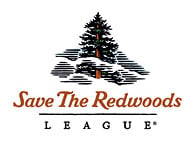
One of the nation’s oldest conservation organizations, Save the Redwoods League is celebrating 100 years of protecting and restoring redwood forests, connecting generations of visitors with the beauty and serenity of the redwood forest. Our 19,000 supporters have enabled the League to protect more than 200,000 acres of irreplaceable forest and help create 66 redwood parks and reserves. For more information, go to SaveTheRedwoods.org, or to sign up for updates, please visit SaveTheRedwoods.org/signup.
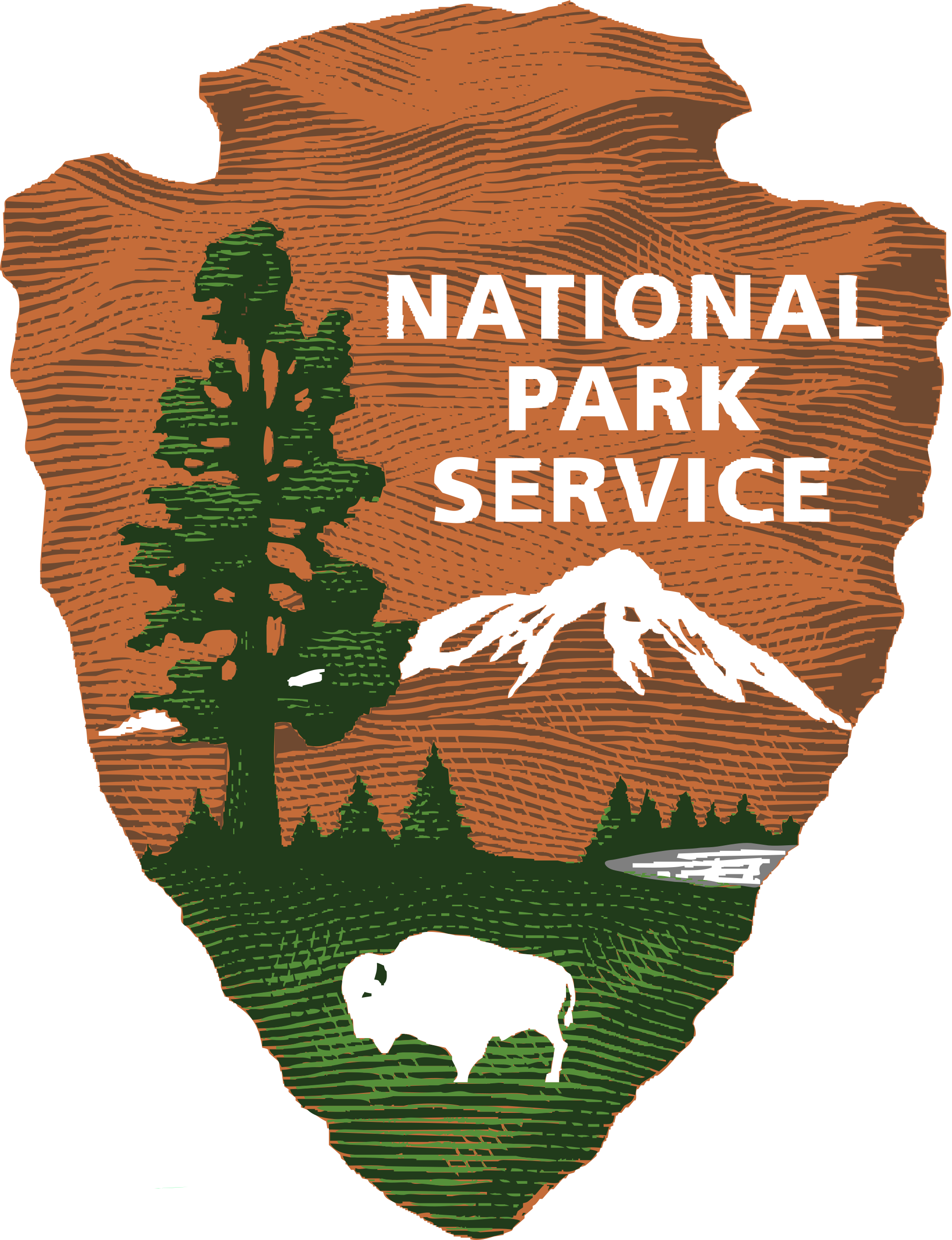
The National Park Service (NPS) (external link) preserves unimpaired the natural and cultural resources and values of the national park system for the enjoyment, education, and inspiration of this and future generations. The national park system includes 417 areas covering more than 84 million acres in every state, the District of Columbia, American Samoa, Guam, Puerto Rico, and the Virgin Islands. The NPS cooperates with partners to extend the benefits of natural and cultural resource conservation and outdoor recreation throughout this country and the world. The variety and diversity of park units throughout the nation require a strong commitment to resource stewardship and management to ensure both the protection and enjoyment of these resources for future generations.
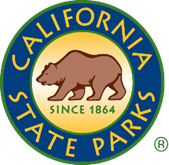
The California Department of Parks and Recreation (external link) protects and preserves the state’s valued natural, cultural, and historical resources while providing recreational opportunities, including hiking, camping, mountain biking, horseback riding, boating and off-highway vehicle activities. The department achieves its mission through grant programs and a network of 280 parks, which include beaches, trails, wildlife areas, open spaces, off-highway areas, and historic sites.
Tags: 2018, california state parks, centennial, National Park Service, NPS, Press Release, Redwood National and State Parks, Redwood National Park, Redwoods Rising, Restoration, restore
